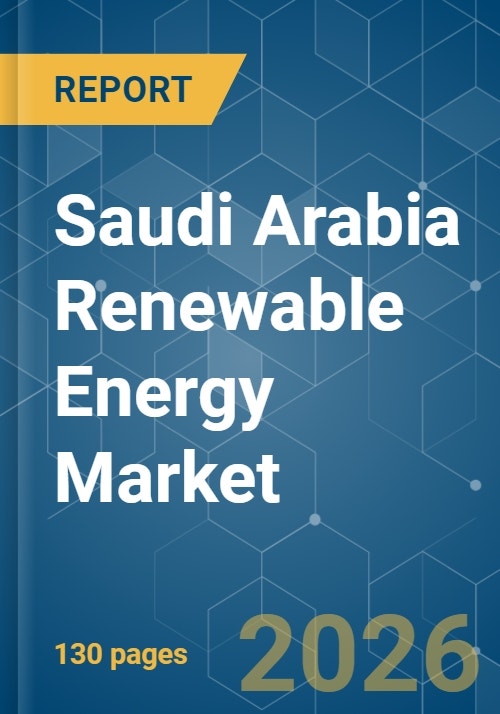Saudi Arabia and Mauritania have taken a significant step towards a greener future by signing a Memorandum of Understanding (MoU) focused on cooperation in the realms of electricity, renewable energy, and clean hydrogen. This agreement, inked during a special World Economic Forum (WEF) meeting in Riyadh, signifies a new chapter in energy collaboration between the two nations.
The MoU, signed by Saudi Arabia's Minister of Energy, Prince Abdulaziz bin Salman, and his Mauritanian counterpart, Nani Ould Chrougha, outlines a framework for knowledge exchange and joint ventures in the field of renewable energy. This encompasses exploring the potential of solar, wind, and geothermal energy, alongside innovative waste-to-energy solutions. The agreement emphasizes bolstering the reliability and security of the electricity grid in both countries through targeted development initiatives.
A key aspect of the MoU is the pursuit of clean hydrogen technologies. Hydrogen, when produced using renewable sources, offers a promising avenue for clean energy storage and transportation. By fostering collaboration in this field, Saudi Arabia and Mauritania aim to unlock the potential of this emerging technology and contribute to a more sustainable global energy mix.
The MoU transcends a focus on purely renewable energy sources. It acknowledges the importance of cleaner fossil fuel technologies. The agreement encourages the adoption of best practices and cutting-edge technology to lessen the environmental impact of traditional energy production. This includes exploring carbon capture, utilization, and storage (CCUS) technologies, alongside advancements in energy efficiency for both production and consumption.
This agreement between Saudi Arabia and Mauritania is a noteworthy development for several reasons. Firstly, it represents a strategic shift for Saudi Arabia, a nation traditionally reliant on fossil fuels. By forging partnerships to explore renewable energy solutions, the Kingdom is demonstrating a commitment to diversifying its energy portfolio and mitigating its environmental footprint.
Secondly, the MoU presents a significant opportunity for Mauritania. The nation boasts an abundance of natural resources suitable for renewable energy generation, including vast solar potential and strong winds along its coastline. Collaboration with Saudi Arabia, a nation with significant financial resources and technical expertise, could unlock these resources and propel Mauritania's transition to a more sustainable energy future.
The Saudi Arabia-Mauritania MoU holds the potential to serve as a model for regional cooperation in the pursuit of clean energy solutions. By combining financial muscle with abundant natural resources, this partnership has the potential to pave the way for a greener future, not just for the two signatory nations, but for the entire African continent.

